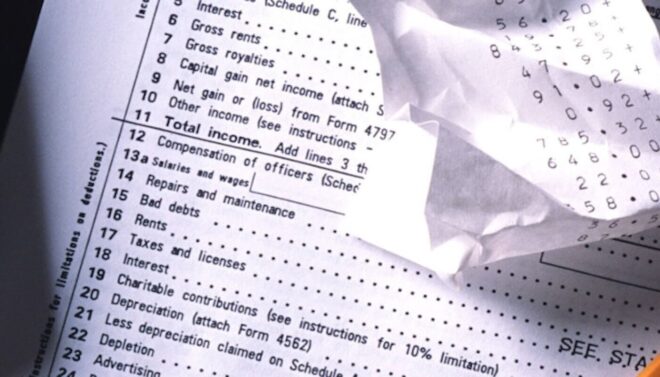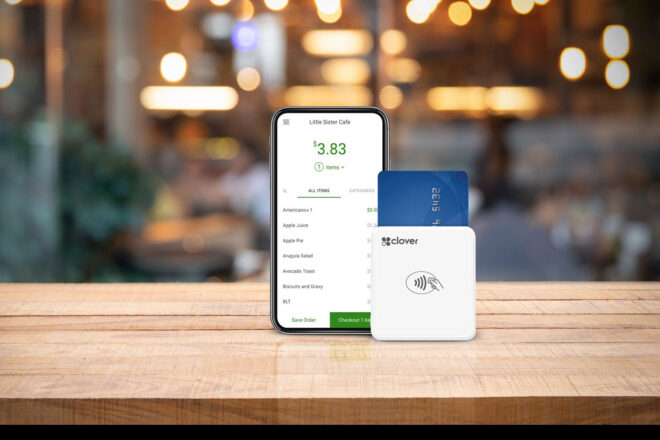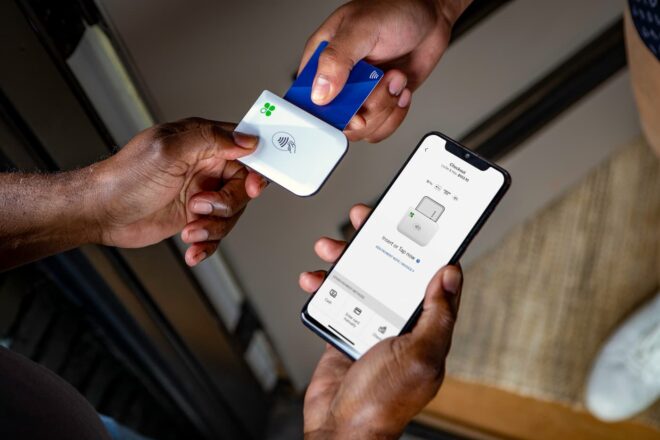Small Business Resource Center
Insights and ideas to help you grow your business.
Latest stories
Full Service Restaurants (FSR)
How to buy a restaurant
Buying a restaurant is one way to enter the restaurant industry at a lower cost and risk profile…. Read more
How to evaluate employee performance like an enterprise company
Learn how conducting employee performance evaluations like an enterprise company can help improve … Read more
Dropshipping: What it is & why it might be smart for your small business
Dropshipping is becoming popular among small businesses and eCommerce retailers with little to … Read more
Full Service Restaurants (FSR)
What you need to know about automatic gratuity laws for restaurants
To automate or not? That’s the question when it comes to tipping policies. … Read more
Running your business
16 ways business owners can save on taxes
We’ve rounded up 16 deductions, credits, and incentives small business owners may be … Read more
Need to set up online ordering fast? Here’s how.
With Clover Online Ordering, your customers order take-out or delivery meals easily using … Read more
Mobile credit card processing for Android & iPhone
As a business owner, you can begin accepting credit cards anytime and anywhere … Read more
Need cash quickly? Try Clover Rapid Deposit
Make your money work for you with Clover Rapid Deposit. Get your funds … Read more
How to declutter your small business operations
Decluttering: it’s not just for your kitchen cabinets. Streamline your business by following … Read more
You need e-commerce more than ever. Here’s how to do it right.
It’s one thing to create an e-commerce site. Creating a dynamic, elegant, and … Read more
Payment gateway vs. payment processor: what is the difference?
Let’s start here: There are four parties involved with every credit card transaction: … Read more
Keep your customers engaged with Feedback and Rewards
As we outlined in the first segment of this two-part series, customer engagement … Read more
Meet the Merchant
Sweet Vine Products
After Bruce Funderburk received a serious diagnosis during a routine dental cleaning, he went searching for natural remedies…. Read more
The Wing Suite
Army veteran and entrepreneur Kartisha Henry is skilled in logistics and supply chain … Read more
Actify Physiotherapy and Wellness
Dr. Marcia Perretto was wheelchair-bound after three hip cartilage repairs failed for mysterious … Read more
3 ways real merchants use Clover Capital to help their businesses grow
Responding to a new business challenge or opportunity takes money. Clover Capital can … Read more
Check out our guides
Peek under the POS hood
Want to know how to choose a POS system? Ever wonder how payment processing really works? Our guides answer more questions than you ever thought you could ask. Add these morsels of wisdom to your digital library!
More small business stories
Top management skills all small business owners should have
The skills it takes to start a business aren’t always the same skills … Read more
Embracing innovation: The power of loyalty programs in modern communication
However, amidst these obstacles, loyalty programs have emerged as a powerful tool to … Read more
Full Service Restaurants (FSR)
Finding the best suppliers for your restaurant: A simple guide
Restaurant suppliers are one of the most important components you need to run … Read more
Transforming your home & field service business with mobile payments
When you’re considering home and field service management software for small businesses, discover … Read more
5 small business website design mistakes to avoid
Does your website suffer from the common web design mistakes that frustrate visitors … Read more
Run an effective stock count strategy (plus, a schedule to stick to)
Inventory counting is one of the best ways to help reduce stockouts, hold … Read more
New business owner guide to recruiting for retail positions
From creating strong job descriptions to asking effective retail interview questions, use this … Read more
Create more efficiency for your service business with recurring invoices, agreements, and e-signatures
Using recurring invoices, agreements, and e-signatures can help streamline operations and drive growth … Read more

























